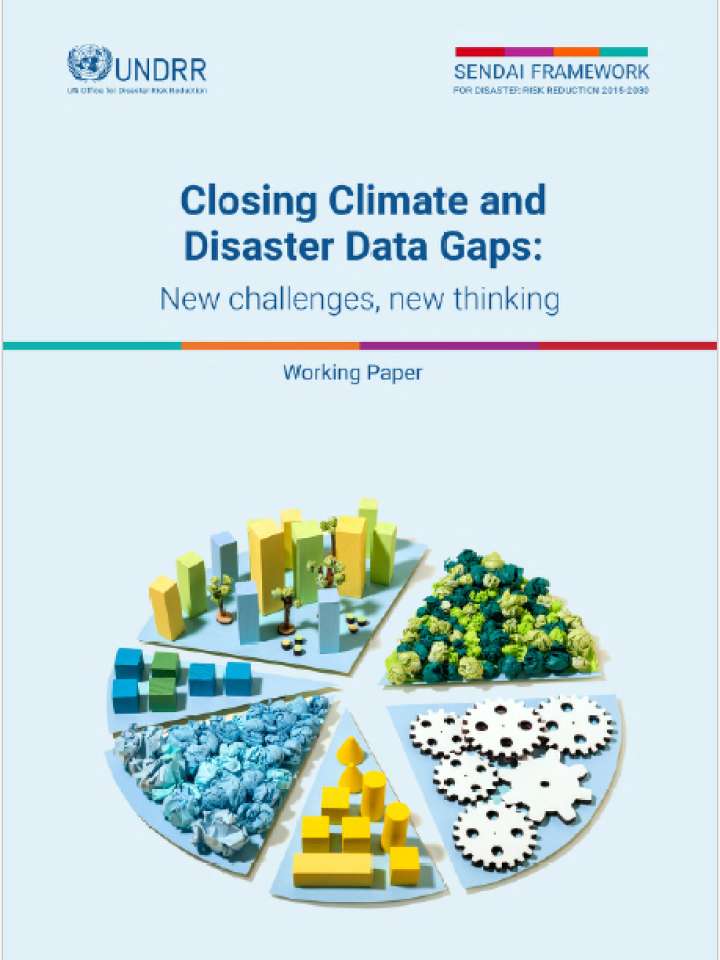Closing climate and disaster data gaps: New challenges, new thinking
This report examines significant and specific gaps in long-running disaster impact data sets which skew our knowledge about global patterns and trends. The report identifies substantial variability in the same impact measurements – including the key metric of mortality – across global databases. With extreme heatwaves, wildfires, storms and flooding becoming ever more frequent and severe due to climate change, it has never been more important to fully understand their consequences.
This report recommends priorities for action to improve data ecosystems working on hazards. Some of these include:
- A fundamental, long-term goal of the data community should be to collect comprehensive, standardized and peer reviewed and/or validated data from as near as possible to the time and place of climate-related disasters.
- Together with innovative methods to capture the impacts of smaller-scale events, disaggregated local records are also needed to contribute to a more comprehensive picture of localized events that can cumulatively cause greater losses and damages to affected communities than single catastrophic events.
- Data managers should review historical disaster impact records for missing data. When gaps are found, these should be flagged to data users so that account can be taken of potential bias within these data sets. Where reviews identify and diagnose patterns of missing data, advanced statistical methods should be used to address these gaps if possible. All analyses based on historical data sets should take account of data gaps and make clear to recipients how missing data was considered.
- Collectively, as data generators, processors and users, we need to increase our understanding of the cyclical nature of data, information and action. To do so, we need to know what data we have; what data we need; the ecosystems in which these data exist; the analytical processes needed to transform data into information; and the information decision makers need to take meaningful action.
